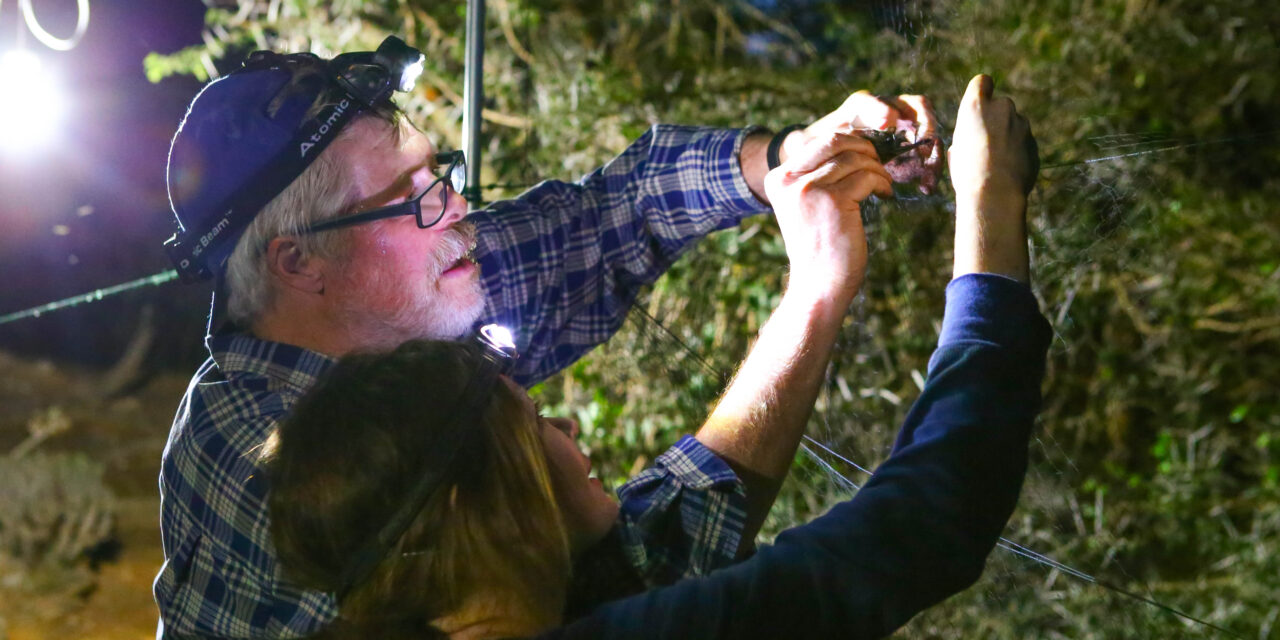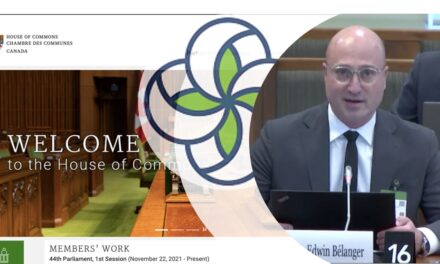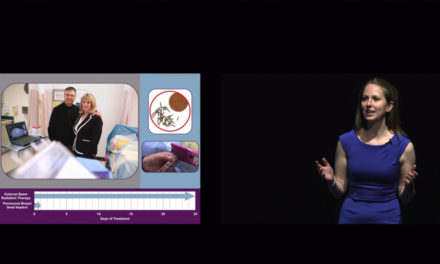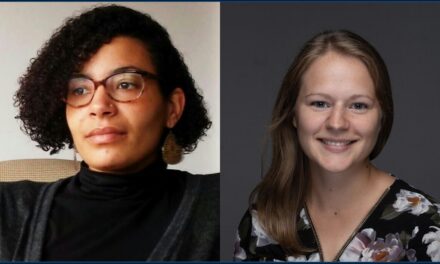“Supervision should entail listening to students, offering suggestions, and having respectful dialogue, so that they are self-motivated to progress. I monitor this progress, providing a ‘safety net’ so that small setbacks do not become detrimental.”

Dr. Mark Brigham is a Professor in the Biology Department at the University of Regina. His research addresses questions about how bats and nightjars use torpor and hibernation to save energy during periods with low food availability. Dr. Brigham has co-authored more than 200 peer reviewed publications, and is currently a member of the Ecology and Evolution Grant selection committee for NSERC. He serves as co-editor of the Canadian Journal of Zoology, and teaches courses on biology and evolutionary aspects of animal behaviour. Aside from his formal teaching duties, Dr. Brigham is a strong proponent of bringing science and his research to the general public, and he regularly gives talks to schools and naturalists organizations.
The Canadian Association for Graduate Studies (CAGS) is pleased to announce that Dr. Mark Brigham, Full Professor in the Biology Department at the University of Regina, has been selected as the winner of the 2022 Dr. Suning Wang Award for Outstanding Graduate Mentorship.
Dr. Brigham is an internationally recognized scholar in the field of behavioural and ecological physiology, and a prominent science communicator in the province of Saskatchewan. He has been a faculty member in the Biology Department at the University of Regina since 1990, and has supervised or co-supervised 43 MSc students, 12 PhD students, and four postdoctoral scholars, and is currently supervising one PhD and five MSc students. Dr. Brigham has served on 44 graduate supervisory committees, and has performed the role of external examiner for 17 MSc and 16 PhD theses.
Dr. Brigham has been supervising students for more than thirty years, and during this time he has earned a reputation for consistently offering outstanding guidance and mentorship. Known for his collegial and fun supervisory style, Mark has worked hard to create a learning environment optimized for building confidence and success among his trainees. He relies upon a student-centric mentoring approach that is tailored to each individual, seeking to foster academic excellence and holistic growth while also acknowledging the complex lives of today’s graduate students. He actively exposes students in the early stages of their degrees to the importance of regularly consuming scientific literature, and encourages them to join professional societies and research communities to expand their networks and career opportunities. Dr. Brigham endeavors to partner new students with more experienced ones, both in the lab and in the field, and as students progress through their research he ensures that successful results are shared broadly and strategically. Mark has published more than 200 articles, 136 of which have students as co-authors.
Dr. Brigham is a champion for work-life balance and student wellbeing. He has organized faculty versus student road hockey and curling events to build community and relieve stress, and hosts an annual Oops Award event at his home where students comfortably share and learn from mistakes made during their research in the field. Through these and other embedded mechanisms of supporting good mental health, Dr. Brigham has created what colleagues and former students describe as a “family-style” atmosphere in his classrooms and laboratories. Indeed, Mark’s students are referred to across campus as Brighamites and are known for their comradery. “He taught me tolerance and teamwork,” writes a former supervisee and now a faculty dean. “He taught me to advocate for myself. He taught me how to communicate science to the public and to other scientists. Most importantly, he trusted me and gave me the freedom to problem solve and forge my own path while being there as a constant buoy.”
Dr. Brigham strongly believes that students should gain more than just a formal education while obtaining their degree, and to these ends he encourages them participate in science outreach activities throughout their research journey. Truly committed to the University of Regina’s motto, “as one who serves,” Mark has been for many years at the forefront of efforts to help organize the Regina Regional Science Fair and has helped judge at three Canada-Wide Science Fairs, and he frequently engages with layperson audiences in newspaper articles, media interviews, and children’s events, as well as more conventional outlets such as external grant funding applications and in scientific journals. Dr. Brigham’s students learn from this emphasis on knowledge mobilization and community involvement, and they go on to emulate these qualities in their own professional lives after graduating. As one former student and now associate professor acknowledges, “Many of my current teaching, research, and mentoring styles have been adapted from Mark. He was able to cultivate the academic I am today.”
One of the most important indicators of Dr. Brigham’s successful mentorship can be found in the rewarding careers of his trainees. “What I like best about his approach is that it fosters academic success and scientific achievements, but also life-long friendships,” reflects a former graduate, emphasizing Mark’s practice of mentoring students as they advance through their professional lives. Many of his former students have taken up influential positions in academia, the public service, and government agencies, and are actively shaping biodiversity conservation policies in Canada and abroad. Among his graduate alumni are eight Professors of Biology, a Dean of Science, and numerous graduates working at museums, research institutes, and in related careers. As described by a colleague at the University of Regina, “Dr. Brigham has changed many lives and has created a legacy of highly-trained biologists, all of them influential scientists in their own right, who successfully emulate their supervisor’s commitment to giving back to society.” The ripple effect of Dr. Brigham’s supervision can be seen throughout Canada and beyond in the success of his graduates, and will continue for years to come. “Now as a supervisor of my own grad students, and as a Program Chair of our relatively new M.Sc. program,” writes another former trainee, “my first thought is still ‘WWMD’ – What Would Mark Do?”
CAGS instituted the Award for Outstanding Graduate Mentorship in 2018 to highlight and celebrate faculty members who exemplify the highest standards in teaching, training, and mentoring. The Award was renamed in 2020 in honour of the inaugural winner, the late Dr. Suning Wang. CAGS is delighted to showcase the hard work and dedication of Dr. Mark Brigham, and we hope that his strong commitment to graduate students will inspire others to reach similar heights.
“Mark is an excellent mentor who pushes students to do their absolute best and he gives them every opportunity to forge career paths in a way that best prepares them for success.”
“Mark believes that communication and collaboration are the keys to success, and he fosters that environment in his lab. He comes in multiple times a day to check in with all of us, and every Friday we have a lab meeting that is one of the highlights of my week.”










